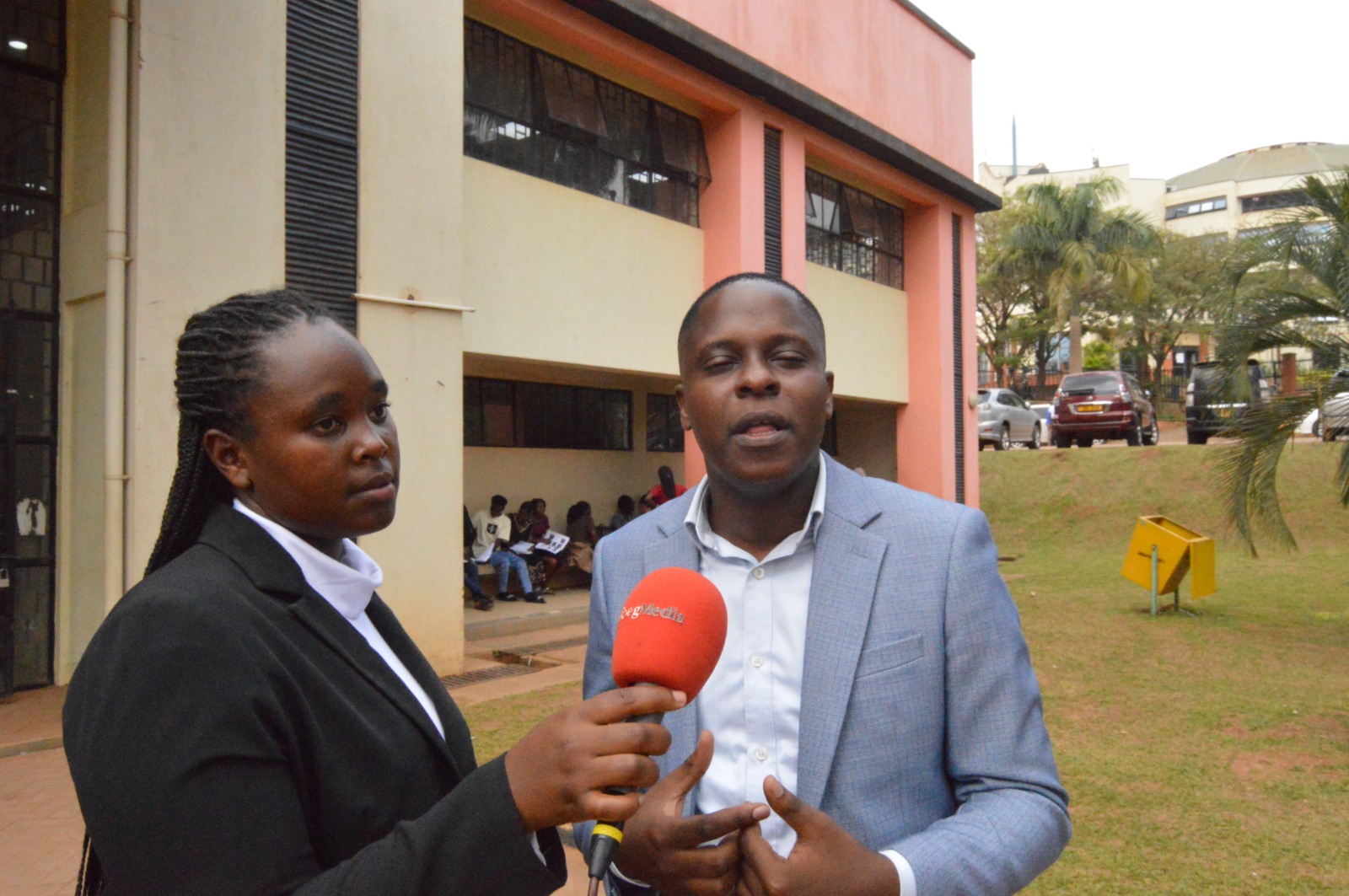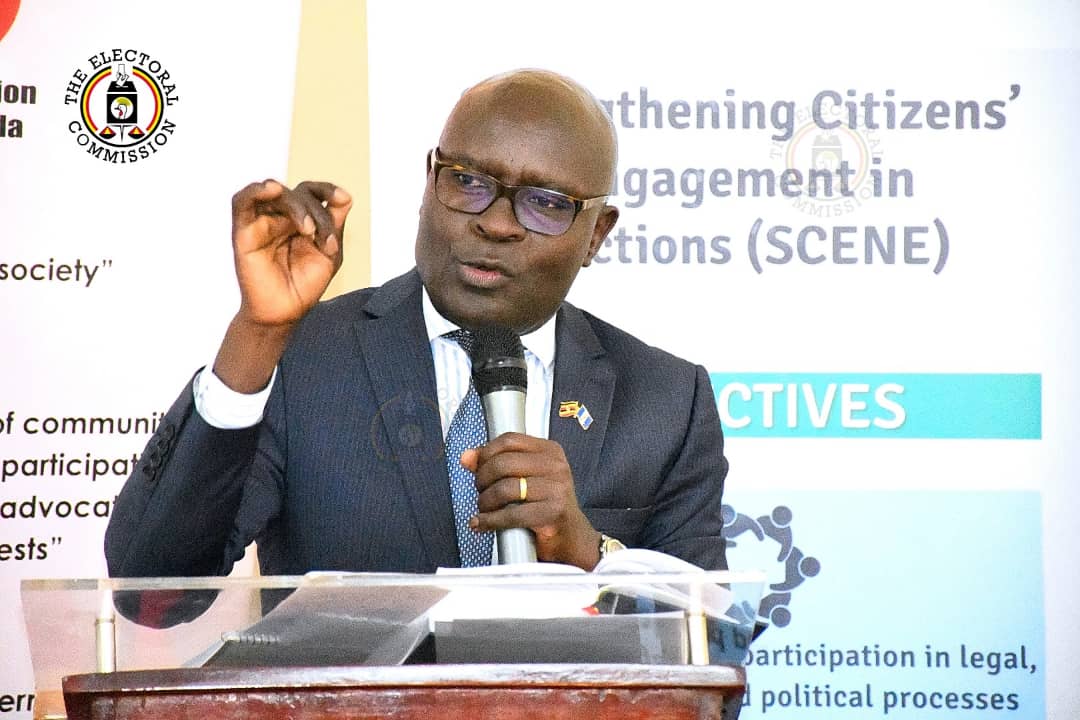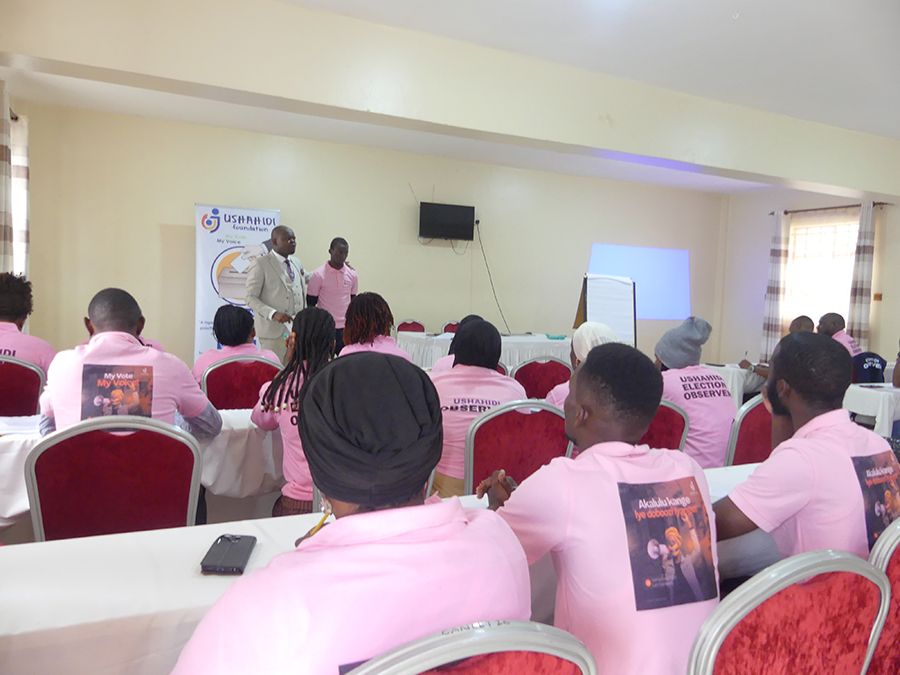Otic Group chief executive officer, Nesta Paul Katende, has urged universities to adopt project-oriented curricula to unlock opportunities in artificial intelligence and prepare students for the future of work.
Katende was speaking to journalists during the Annual Disability Lecture 2025, held at the ADB Building at Makerere University Business School (MUBS) under the theme “Artificial Intelligence for Tomorrow: Empowering Students for the Future Workforce.”
He challenged university students with disabilities to fully embrace digital innovation, saying the technological landscape has levelled the playing field.
“I challenge university students with disabilities to stop making excuses. The ground for innovation and digital transformation is now levelled. The only gap is exposure — everything else is the same,” Katende said.
Katende, a former banker turned digital innovator, said students must seize opportunities in artificial intelligence as the job market continues to evolve.
He noted that the employment landscape of 1962 is radically different from that of 2025, yet demand for services continues to grow.
He added that industries including banking, education, surveying, medicine, and commerce are undergoing rapid shifts driven by digital transformation.
“Students must adapt to the pressures of digital transformation instead of fearing they will be left behind,” he said.
Katende advised students to position themselves strategically to remain relevant after graduation, saying their earning power will increasingly depend on how well they understand and utilise cutting-edge technology.
He likened the evolution of agentic artificial intelligence to predictable geological activity.
“With the laws of progress, disruptions are predictable. The rise of agentic AI is like an earthquake, a geologist is not afraid of eruptions but prepares for their impact,” he said.
Katende, who operates businesses in both Uganda and Rwanda, called on the government to design a more supportive AI policy framework, similar to those in Kenya and Rwanda.
He said the two countries have used digital transformation to power the creation of mobile applications, digital products and globally adopted technology solutions.
“Our students should be supported to build their own portfolio websites and universities should shift from traditional business incubators to a more practical business-building approach,” he said.
Two MUBS students with disabilities, Basham Ali Kisubi and Esther Afra Mulongo, appealed to the government to subsidise digital equipment such as laptops, smartphones and Ray-Ban Meta AI glasses, which they said remain unaffordable for many visually impaired students, costing between $300 and $800.







